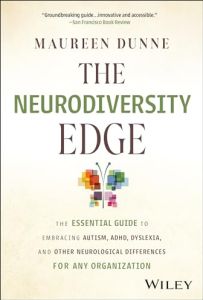
Recommendation
The innate strengths of neurodivergent workers are an often untapped resource that could help organizations drive innovation and navigate complex challenges. But according to cognitive scientist Maureen Dunne, organizations routinely exclude and overlook the potential of the roughly 20% of the population who are neurodivergent. Dunne explains how neurodiversity contributed to human survival in prehistoric times and how it can give companies a competitive edge today. Learn how to authentically include neurodiverse people in your workplace and gain insights into the strengths of divergent ways of thinking.
Summary
About the Author
Dr. Maureen Dunne is a cognitive scientist and a neurodiversity expert.


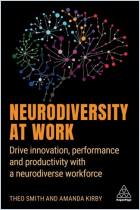
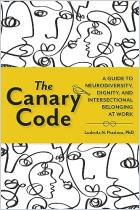
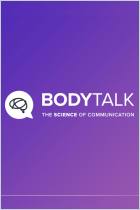

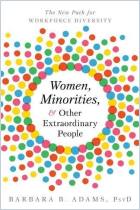
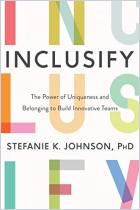




Comment on this summary